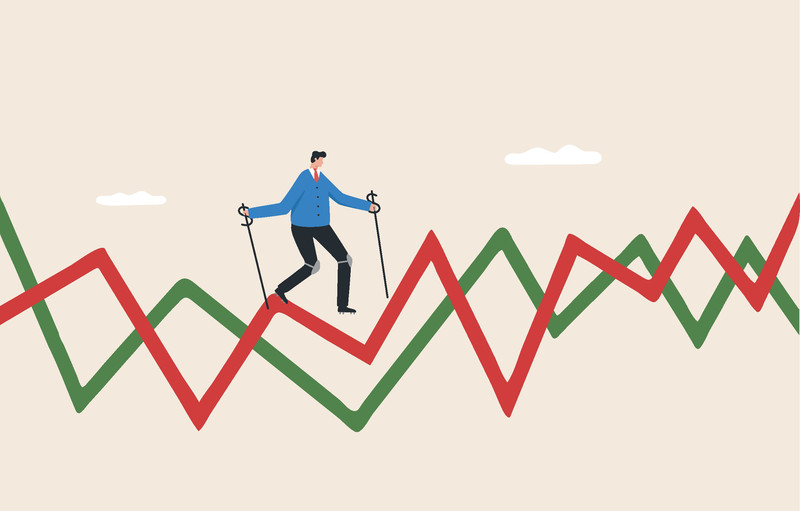The biggest worry right now for the U.S. economy is causing the next recession as inflation soars to a 40-year high, consumer confidence plummets to a near-record low, and the Federal Reserve appears to raise rates at the fastest pace in decades.
Worrying about your way of life, job, and finances is common during difficult circumstances. Developing wise financial habits will help you succeed even if circumstances improve and there is no recession.
Start developing sound financial practices now to be ready for opportunities or emergencies. It is best to keep a close eye on your spending and avoid taking unnecessary risks that could jeopardize your financial goals while the economy is slow or in a recession. Your finances may suffer during a recession. You can weather the economic storm by organizing and taking a few straightforward precautions to lower your risks.
What Should You Do?
1.Take a look at your finances and set a budget.
People’s confidence in the economy is frequently shaken by recessions, which can worsen by job loss or lower job security. The key conclusion is that it is essential to start planning for any of these recession-related situations well before the onset of the downturn.
Understanding your monthly budget is the most crucial action you can take if you’re currently feeling anxious about the state of the economy. You want your income to last as long as possible in an emergency. Knowing how much money you’re spending and where it’s going might help you decide the best course for preparing for emergencies like job loss or other financial difficulties.
2.Review your Monthly Budget
Every month, review your spending plan to identify any expenses that can be cut. Are you overspending on clothing? Delete them. Buy only what you require, and choose generic goods over name-brand ones to save a few extra dollars.
Even more crucial is setting up a monthly budget to ensure you’re not overpaying and instead living within your means. By doing so when the economy is booming, you may be better prepared to succeed when times are tough.
3.Create a Solid Emergency Fund
After eliminating wasteful spending, try to raise your savings budget as much as possible. A good rule of thumb is to save 20% of your salary.
Losing your job or having to live on a lower pay is a good cause to use some of the money you’ve saved, but it’s never a decision you should make lightly. However, It is vital to rebuild your emergency fund as early as your financial situation improves. If not, you might be forced to make difficult choices like taking money out of your retirement account or applying for a home equity line of credit when the next emergency arises.
4. Make sure to pay all your debt.
Pay off any credit cards and high-interest goods immediately, while money is rolling in and the economy is still broadly positive, to stay on top of your debt. If you need to borrow money in an emergency, you should also concentrate on raising your credit score.
Concentrate on paying off the debts with the highest interest rates first with more of your income. Consider paying down tax-deductible debt accounts like student loans while doing this to receive money back during tax season.
Financial Mistakes you Should Avoid
1.Getting a Mortgage with an Adjustable Rate
You can decide to get an adjustable-rate mortgage when buying a house (ARM). This action makes sense in some situations (as long as interest rates are low, the monthly payment will stay low as well). During a recession, interest rates often decline before rising as the economy begins to recover. This indicates the chance of an adjustable rate loan’s variable rate increasing after a recession increases.
2.Being Reckless with Investments
While you should always be thinking about the future and strategies to expand your business, a downturn in the economy may not be the best moment to make hazardous bets. Early in a recession is not the time to make a stand. When the economy shows signs of a sustained recovery, it is time to start thinking large.
3.Taking on New Debt
When the economy deteriorates, risks increase, including the possibility of being laid off or losing business income. If this occurs, you may be forced to accept a job—or jobs—that pay less than your previous salary, reducing your ability to repay your debt.
In short, if you are considering adding debt to your financial equation, keep in mind that it may complicate your financial situation if your income falls.
There’s no need to panic in the face of an economic slowdown, but you should watch your expenditures and avoid taking excessive risks. Even in the middle of a severe financial crisis, there are numerous positive activities you can take to improve your condition and prepare for the next recession.


Recent Comments